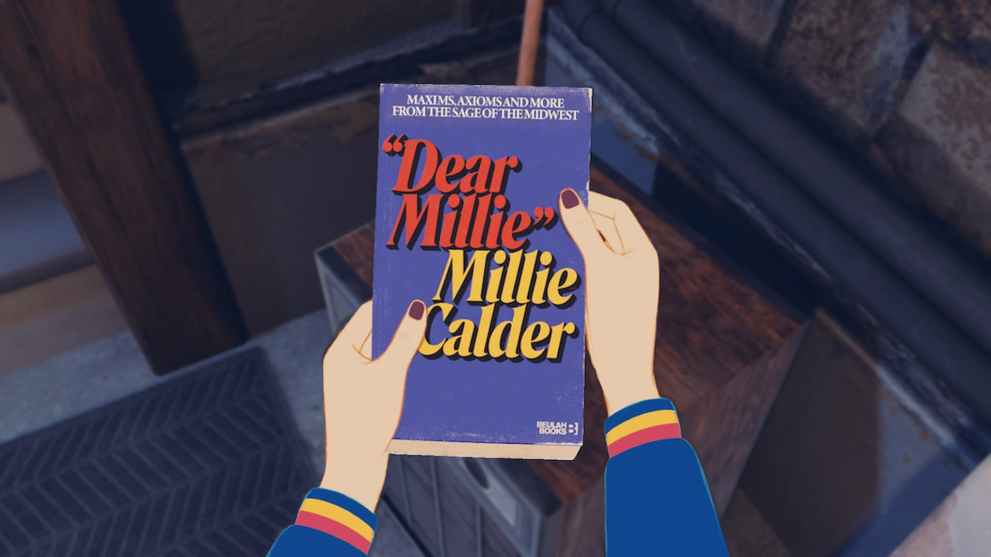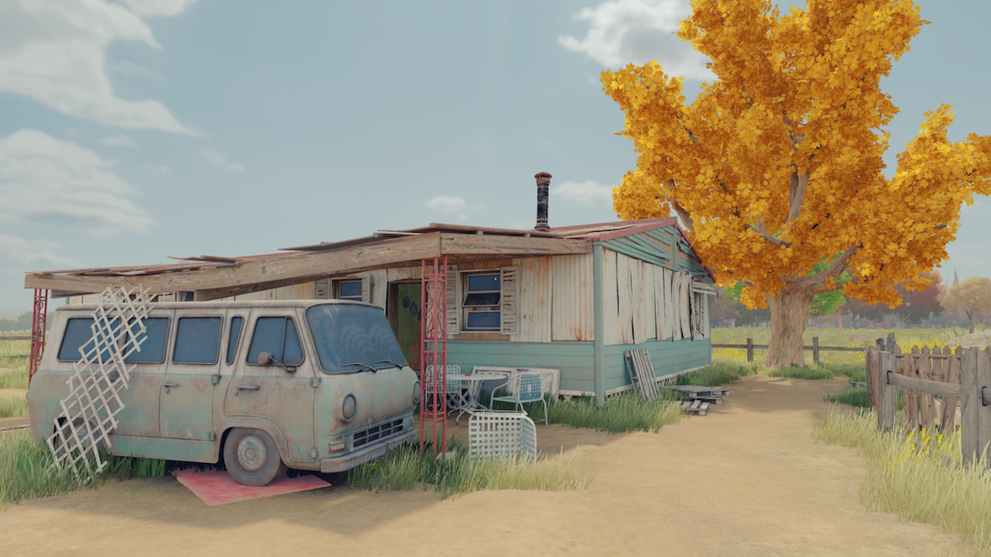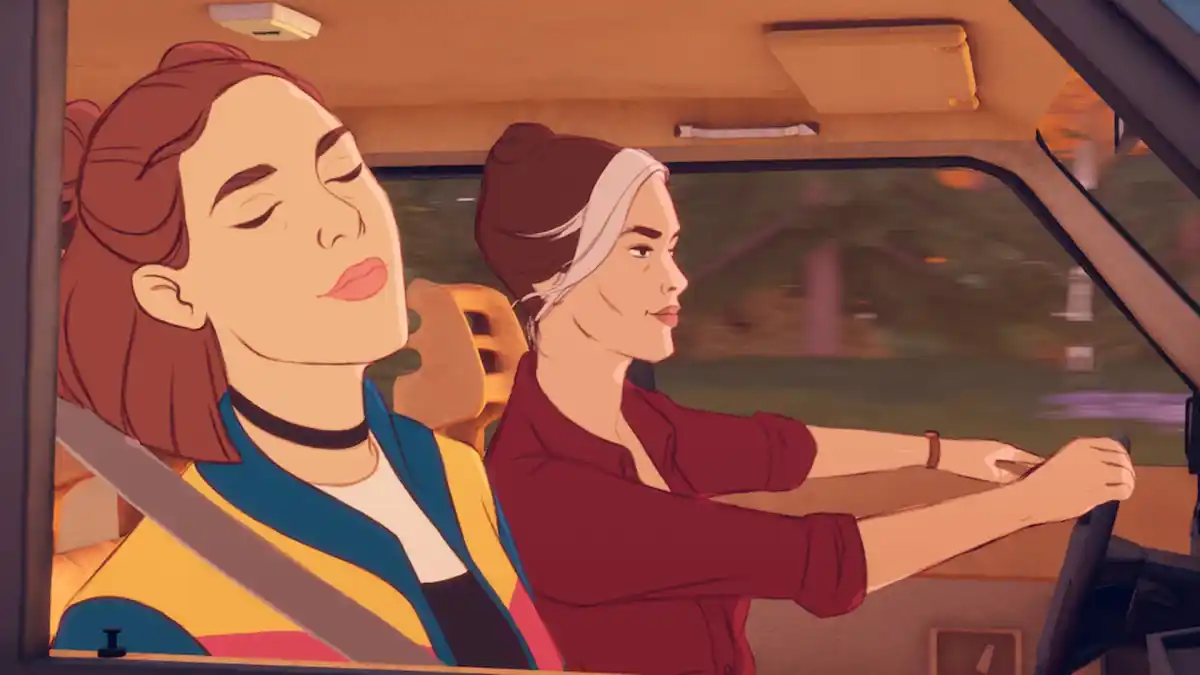Open Roads on PlayStation 5
As someone who calls Gone Home one of his favourite games of all time, I’ve been excited for Fullbright’s next game, Open Roads, ever since its reveal at The Game Awards in 2020.
With performances from Kaitlyn Dever and Keri Russell as Tess and Opal, the story follows a mother and daughter in her mid-teens as they get ready to move following the death of their mother/grandmother.
As they pack up the house, they find clues that suggest there may be more to Grandma Helen’s life than they knew. This prompts Tess and Opal to head out on a road trip to see what they can find out, learning more about each other in the process.
It’s been over a decade since Gone Home released, but Open Roads works in much the same way. Between the car journeys, of which there are surprisingly only three, you look around locations to learn more about the story.

Lost letters, photos from a time long forgotten, toys from their childhood, and more, all of which add to the family’s backstory. As Tess, you’ll pick something up, give it a look over, and then have a chat with Opal about what it is or what it means.
The central relationship between Opal and Tess is well-written. There are the obvious mom vs. teenage daughter squabbles, but it’s nice to be along for the ride as they begin to understand each other more and really open up about how they’re feeling. Tess’ mom and dad haven’t long separated and she doesn’t fully understand why, blaming her mom for the situation they’re in now.
There are moments when the conversations can feel more like lines being read than an actual discussion, but for the most part, both central performances are excellent. Tess is an excited teen who’s wanting to do her own thing but isn’t really aware of what’s possible in her family’s situation, while Opal wants to protect her at all costs, even if what she doesn’t make clear often hurts Tess more than it helps.
There’s no emotional heft to the degree of Gone Home’s final scenes, but the conclusion is a satisfying one. However, I found the means of progressing the story quite dull.
I finished the story and platinumed the game in less than three hours, and the majority of that time was spent slowly wandering around three houses and picking up items, some of which are completely irrelevant to the story.

There’s nothing inherently bad about what you’re doing. The 2D hand-drawn style of Opal and Tess works well with the more realistic backdrop of rural north-east US, and each location you explore is well designed.
Progression just feels slow and plodding, even in a game that’s just a couple of hours long. The items you pick up don’t have secrets in them – don’t expect hidden compartments in desks or the like – and many of the conversations they trigger are forgettable.
As a result, you don’t feel like you’re actually exploring the places Tess and Opal travel to. What you need to find in each of the three locations is quite obvious, so the progression feels very linear, without any impactful choice or input from you.
While I liked both Tess and Opal as characters, the way their story is told and their relationship develops so slowly, and often without any drama, means I didn’t really care about them until the final scene or two.
The story is fine and I didn’t regret sticking it out to the end, but what you do to get there isn’t interesting enough to make the whole journey of Open Roads interesting.
Beyond playful visuals, Fullbright’s game doesn’t do anything that Gone Home did as well or better over a decade ago. I hoped Open Roads might feature a more expansive story or more varied gameplay because, as it is, it’s a short and serviceable adventure game rather than a particularly memorable experience.
- 2D characters work well with the realistic style of the settings.
- Good performances from both Kaitlyn Dever and Keri Russell.
- Final moments of the story are satisfying.
- Bland exploration.
- Little in the way of player impact on the story.
- Forgettable story due to how it is told.
- Only a couple of hours long.














Updated: Mar 27, 2024 12:16 pm